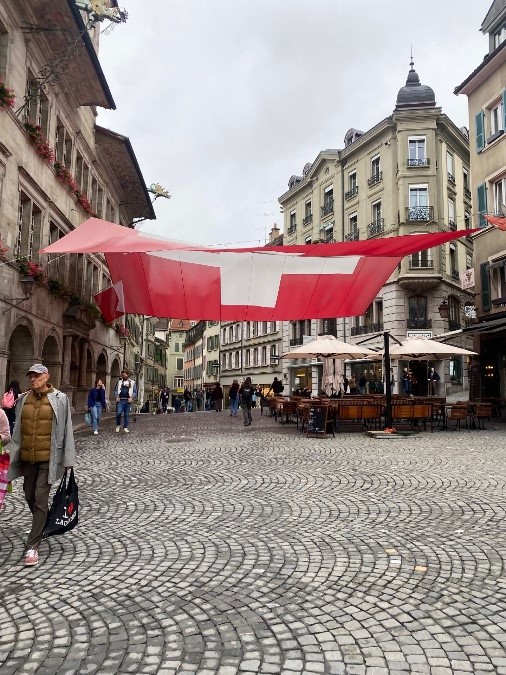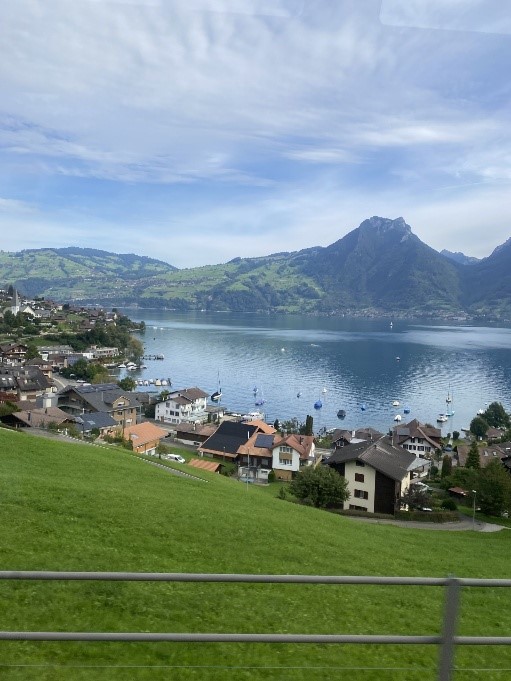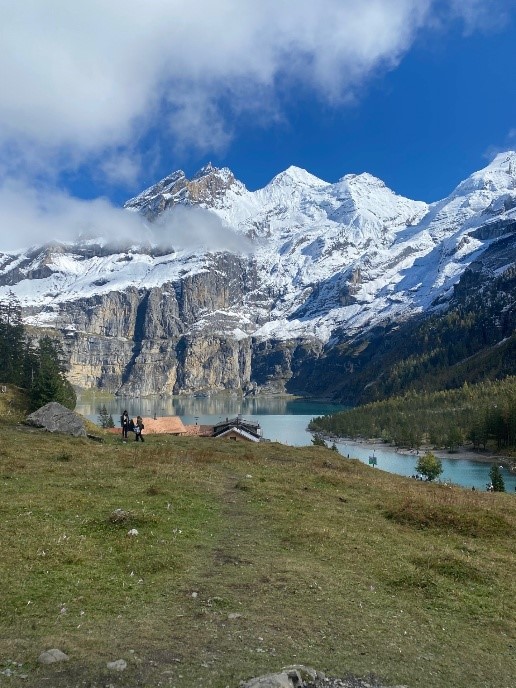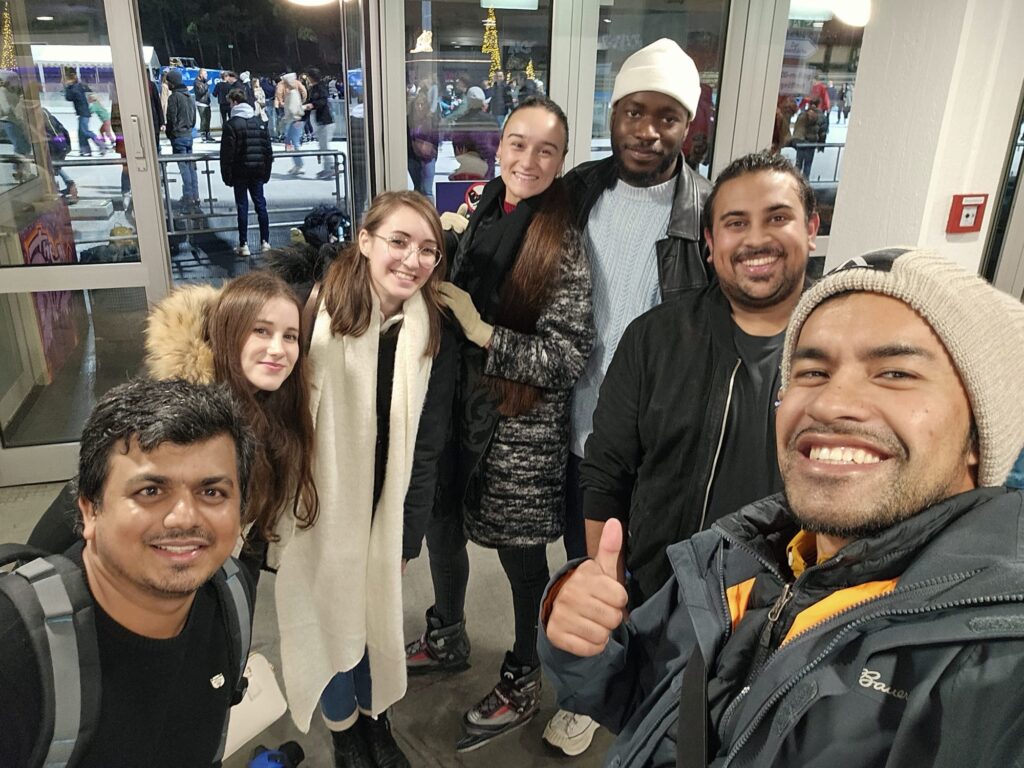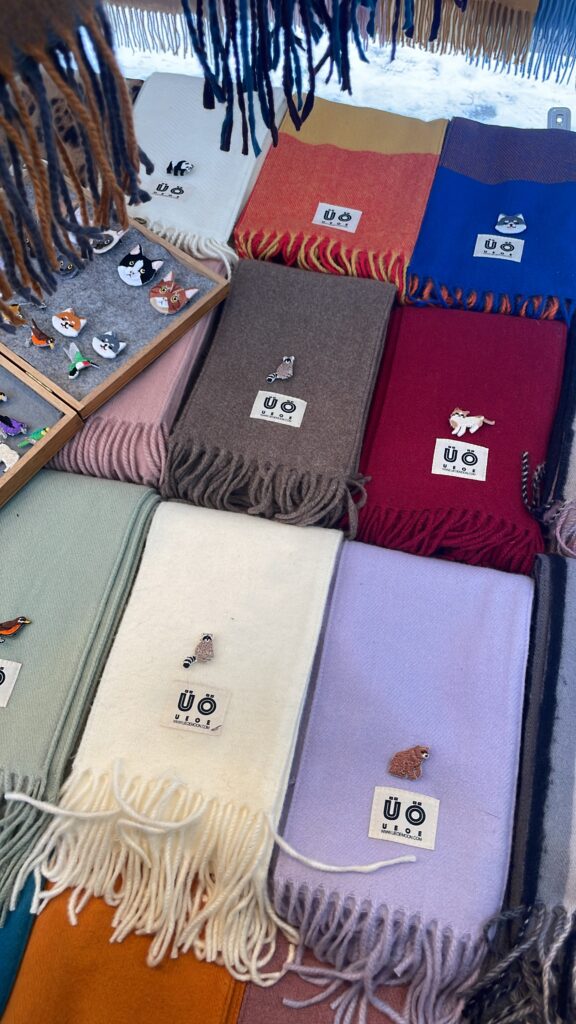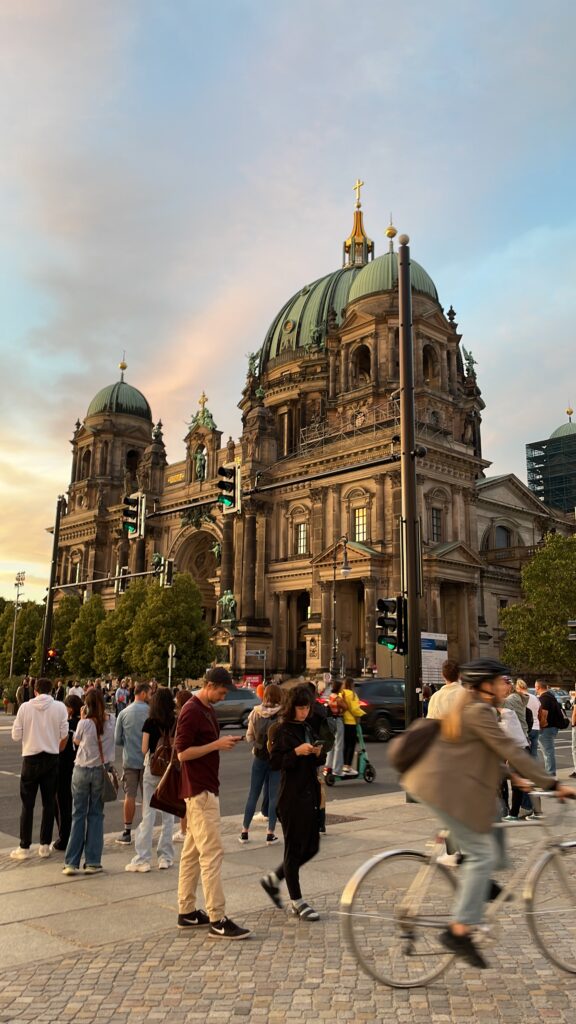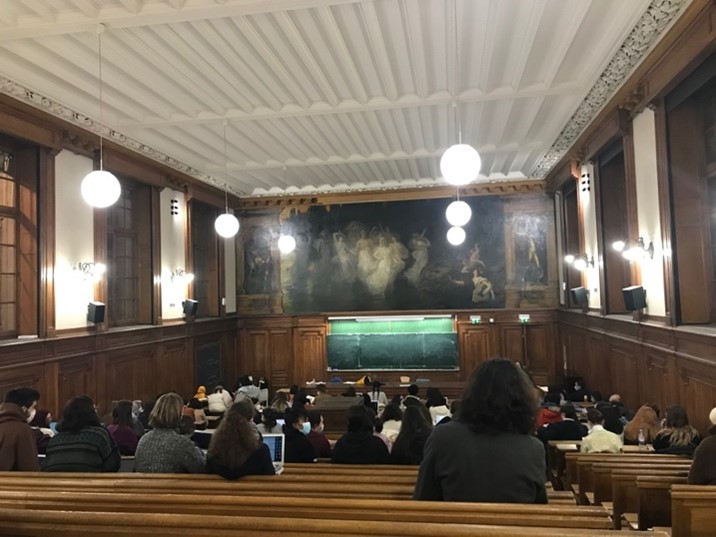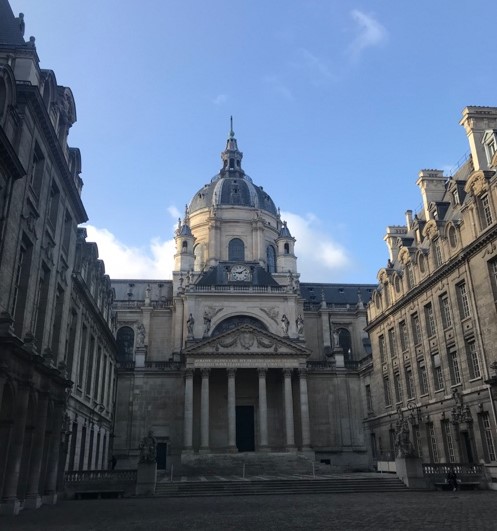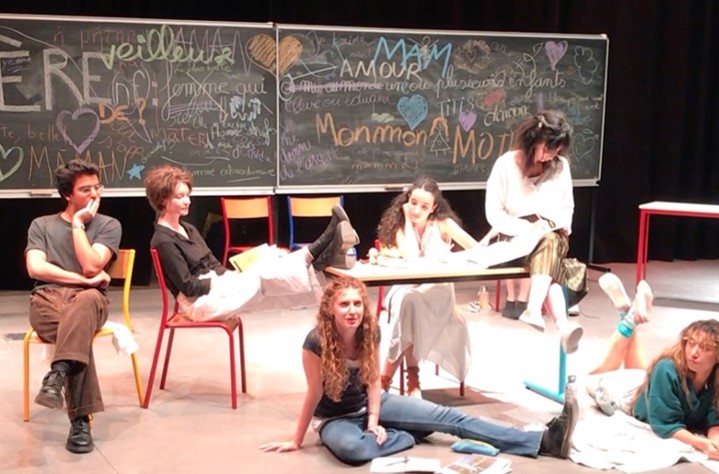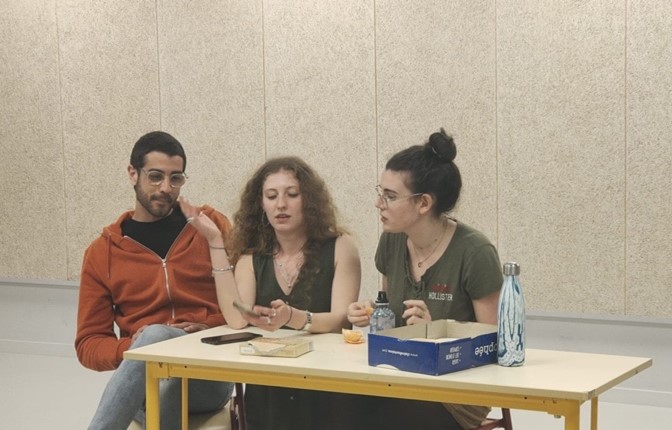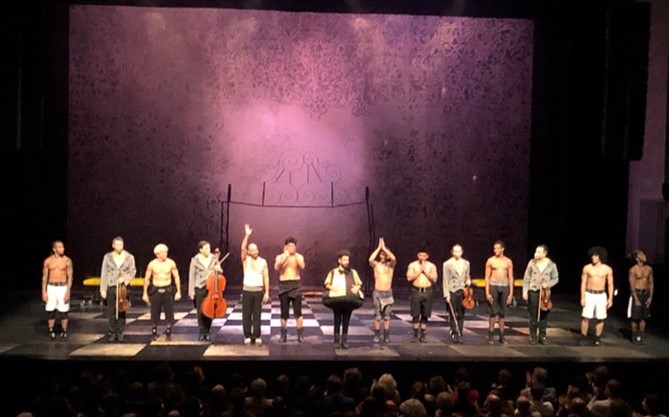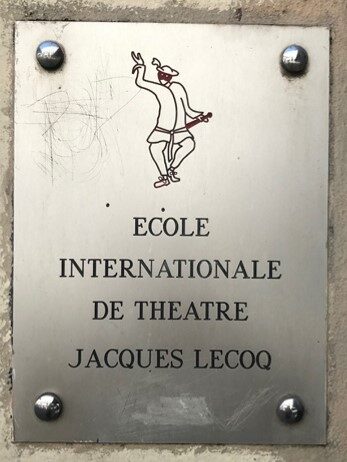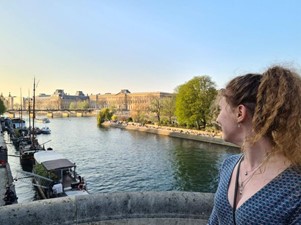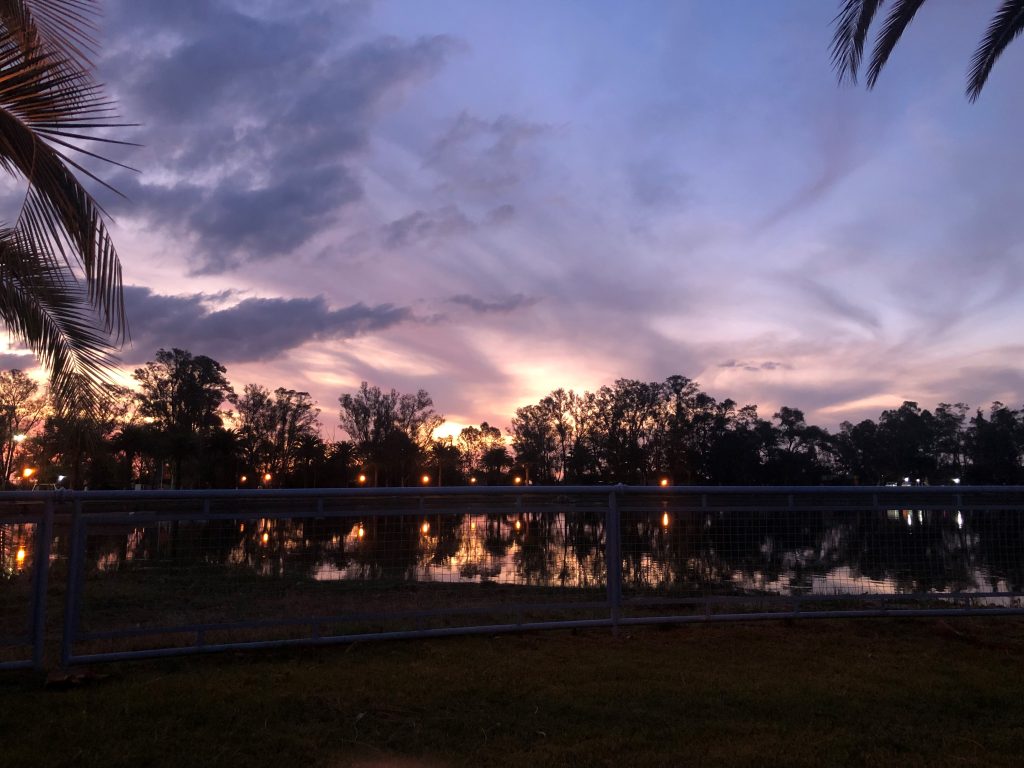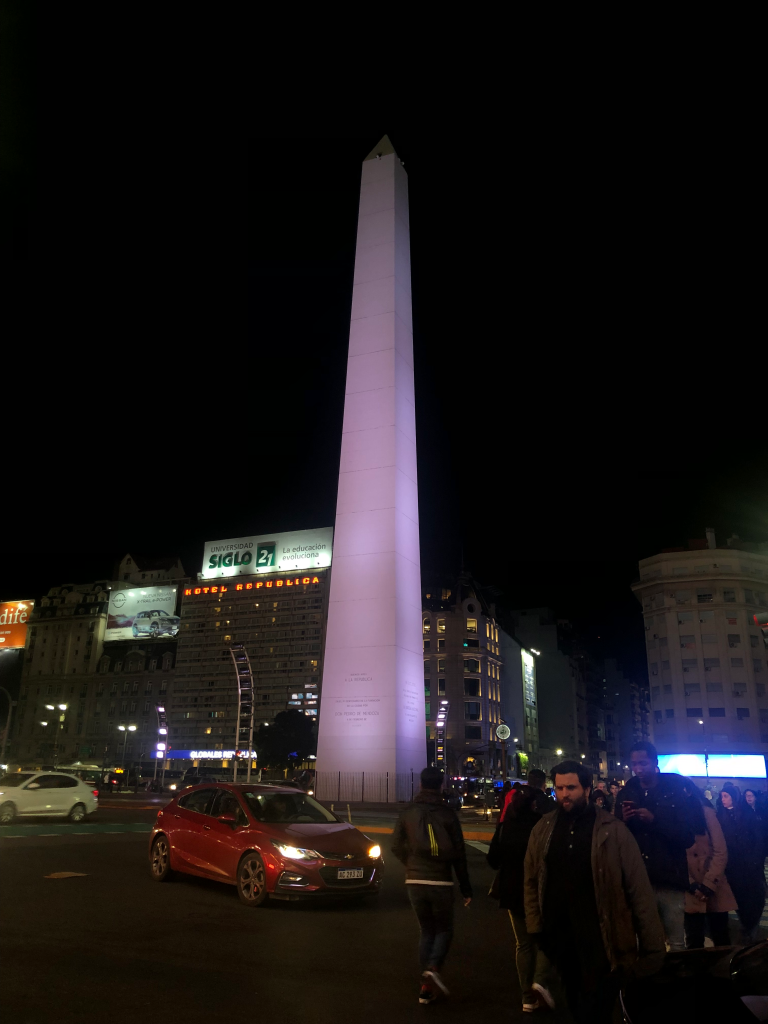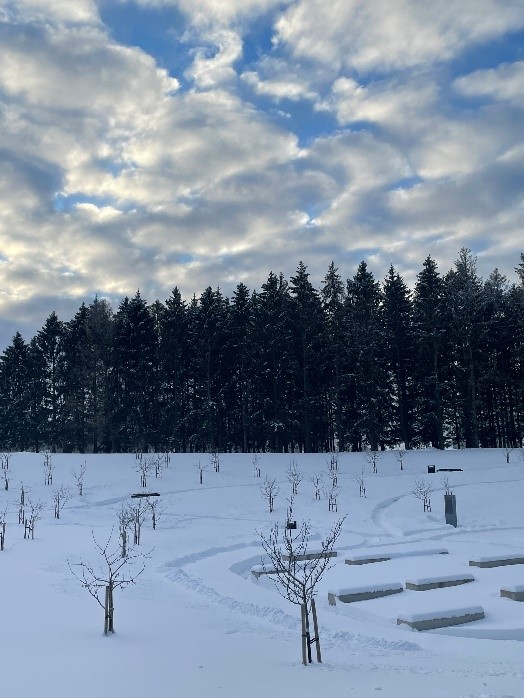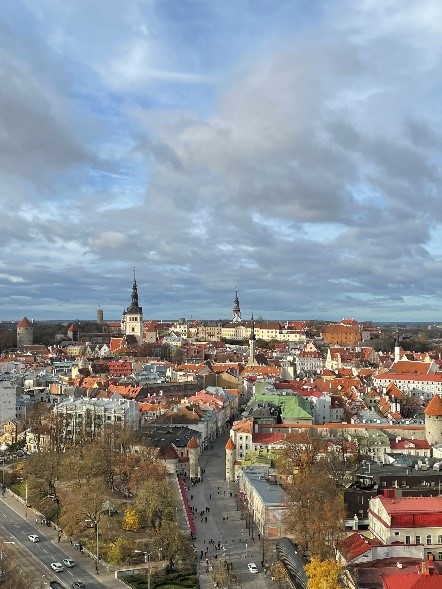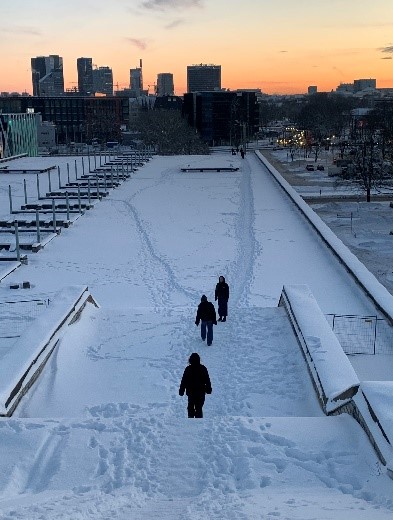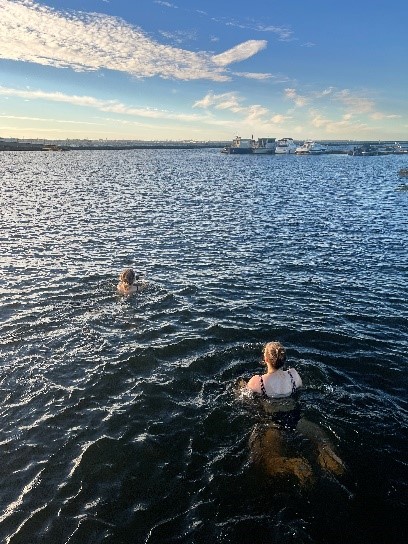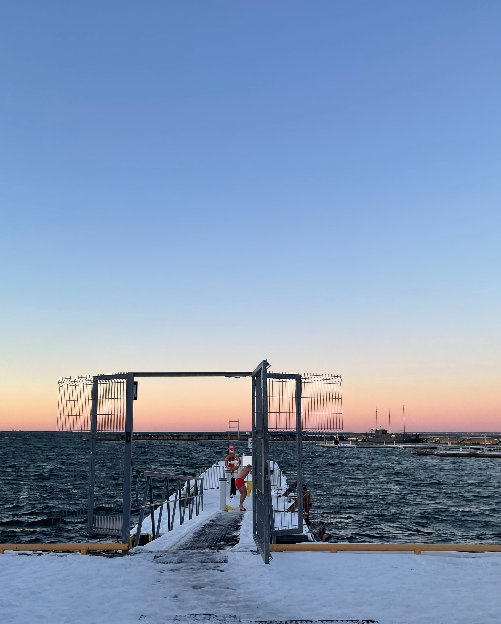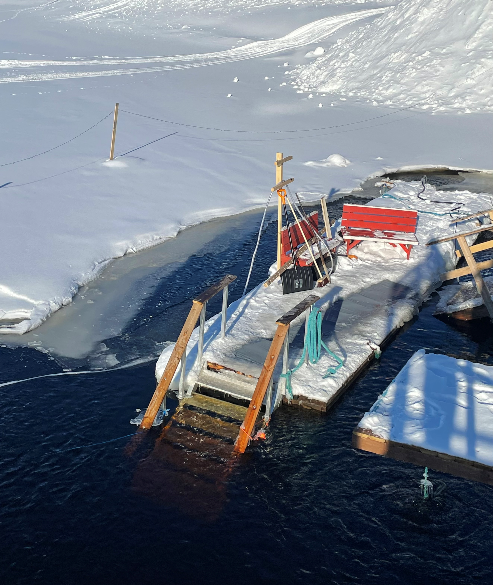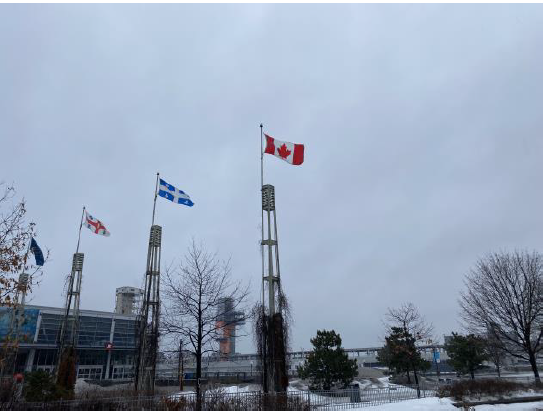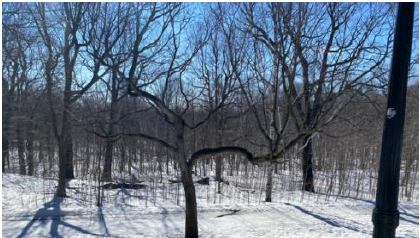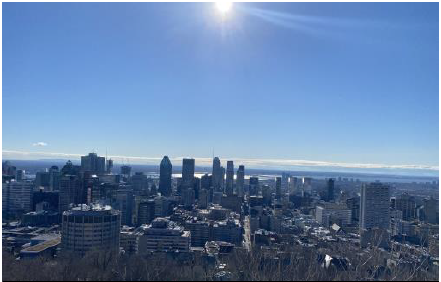This week’s blog post was written by third year French & Philosophy student, Laurence, who talks us through the process of preparing for the Modern Languages year abroad…
As I prepare for my year abroad, it is worth reflecting on some of the challenges (and opportunities) I have faced along the way. I set off for Brussels, Belgium in September for a communications and advocacy internship at an environmental NGO. Here I’ll detail some of the key steps I’ve had to take to make sure I’m year abroad ready. Of course, these will vary quite a bit from person-to-person, but I hope reading about my experience will be useful for those who would like a little bit more detail on what the year abroad could entail. I certainly wish I’d had this blog when I was in sixth form!
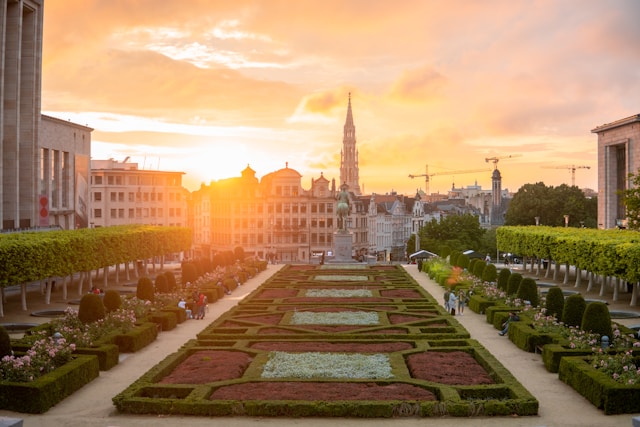
1. Find an activity
Many people choose to study on their year abroad (as I myself will do in a semester in Lyon from after Christmas). This is a fairly intuitive choice, insofar as we’re all students already and campus life offers a ready-made environment to make new friends and discover a new culture. Another popular option is to become a British Council language assistant in a school, and a third is to find an internship with a company based in a country that speaks your target language. It was the latter option that I decided to take for the first few months of my travels.
Finding an internship is not easy and takes diligent research, often outside of traditional avenues. Don’t wait for something to fall into your lap: a careers advisor told me to message fourth year Oxford linguists on social media to ask about how they found their work experience. They were all more than happy to help me out by telling me about their own experiences, and it was through this method that I found my work placement in Belgium.
2. Find somewhere to live
A scary but exciting prospect! Brussels has a competitive housing market, so I had to get creative. Facebook groups are used by landlords and groups of friends to look for house shares (“colocations” in French, or “colocs” for short). I had several video tours of different properties and was eventually able to seal the deal in a house of 7 with other interns from Belgium, France, and Germany. In this search, my French was incredibly useful in communicating about potential rentals: I’ve certainly developed my housing-related vocabulary! There are English-speaking house shares as well, but they are generally harder to find. Being a French speaker despite being British definitely helped me stand out from the crowd as it impressed a fair few people.
3. Visas…
This really will vary from person to person depending on whether you have British citizenship, are an EU citizen, or hail from elsewhere. What is key is to get in the know about what documents you will need for your stay as soon as possible. In the case of Belgium and France, visa services are currently subcontracted to a third party company which manages every stage of the application. They can be a bit slow to reply, but you can contact them by email with specific questions. Don’t leave this till the last minute! If you are doing an internship, you may also need a work permit. It’s best to make your nationality clear to your employer quite early on, so that they can help you get together all the required documents.
While the year abroad will feel a long way away at present, it can be interesting to get a behind-the-scenes look at some of the more logistical elements, as well as the dreamy travel snaps and new lingo learned. As you can probably tell, the year abroad will undoubtedly make you a better planner, a more fluent communicator, and if you play your cards right, a more employable future graduate!





